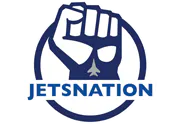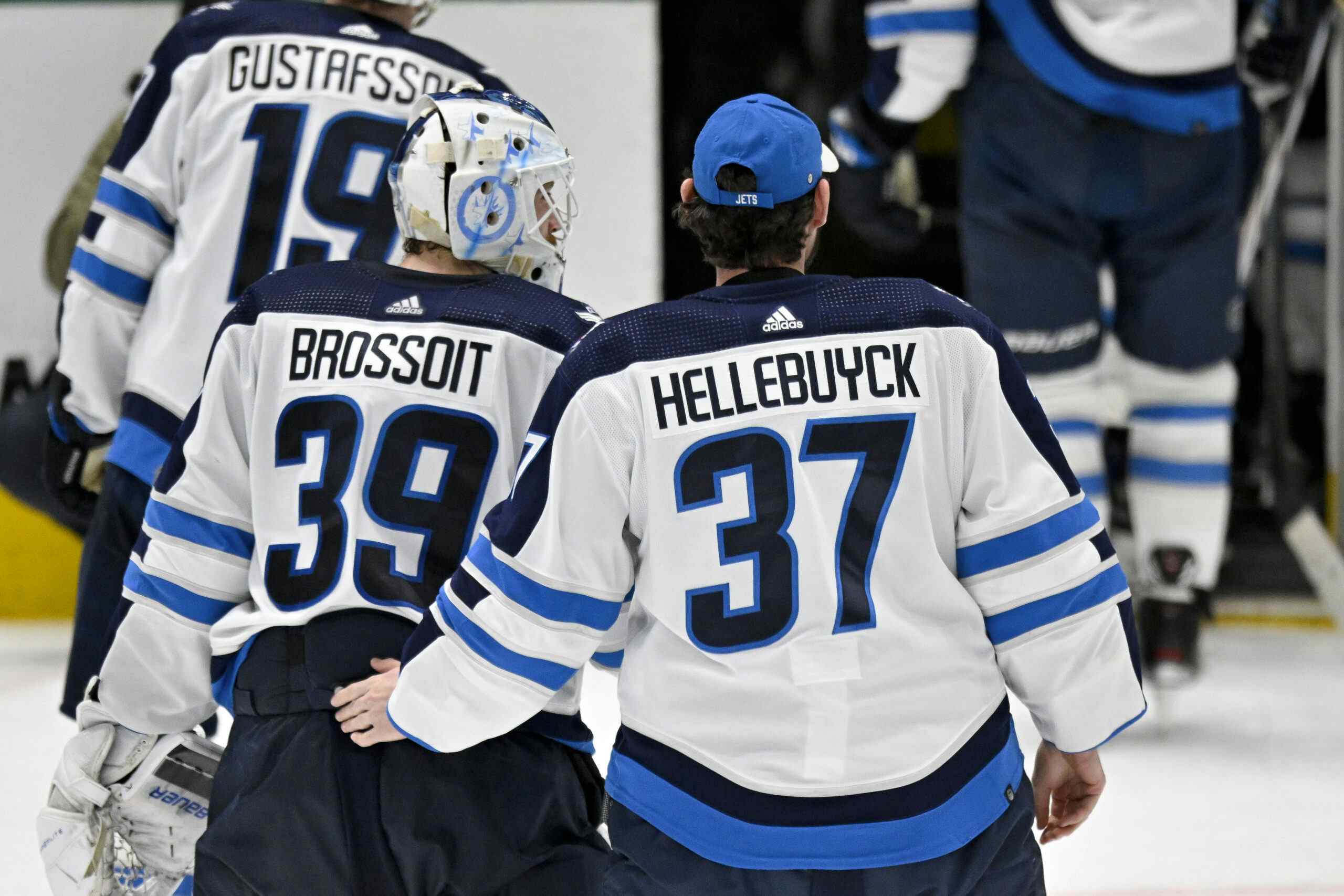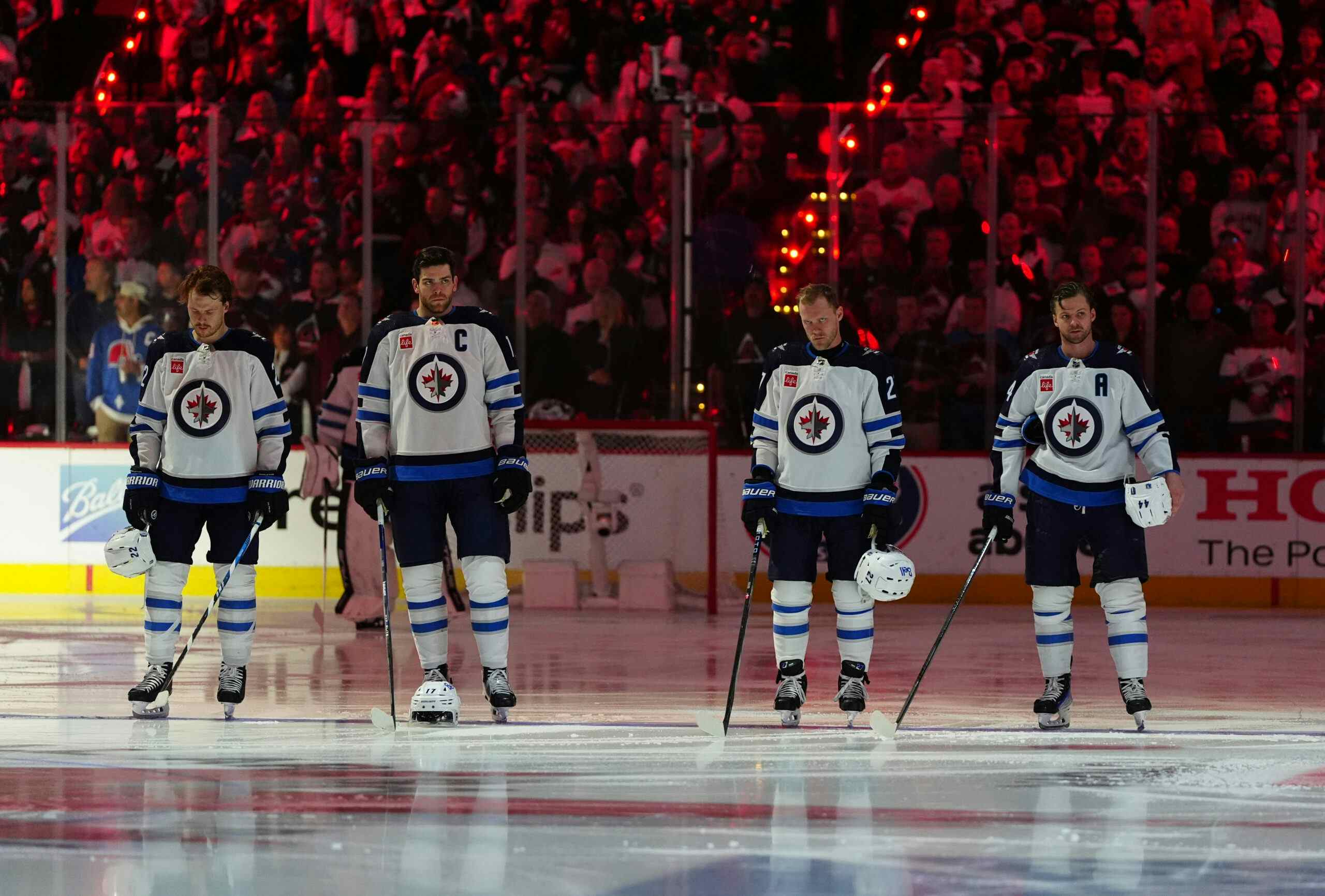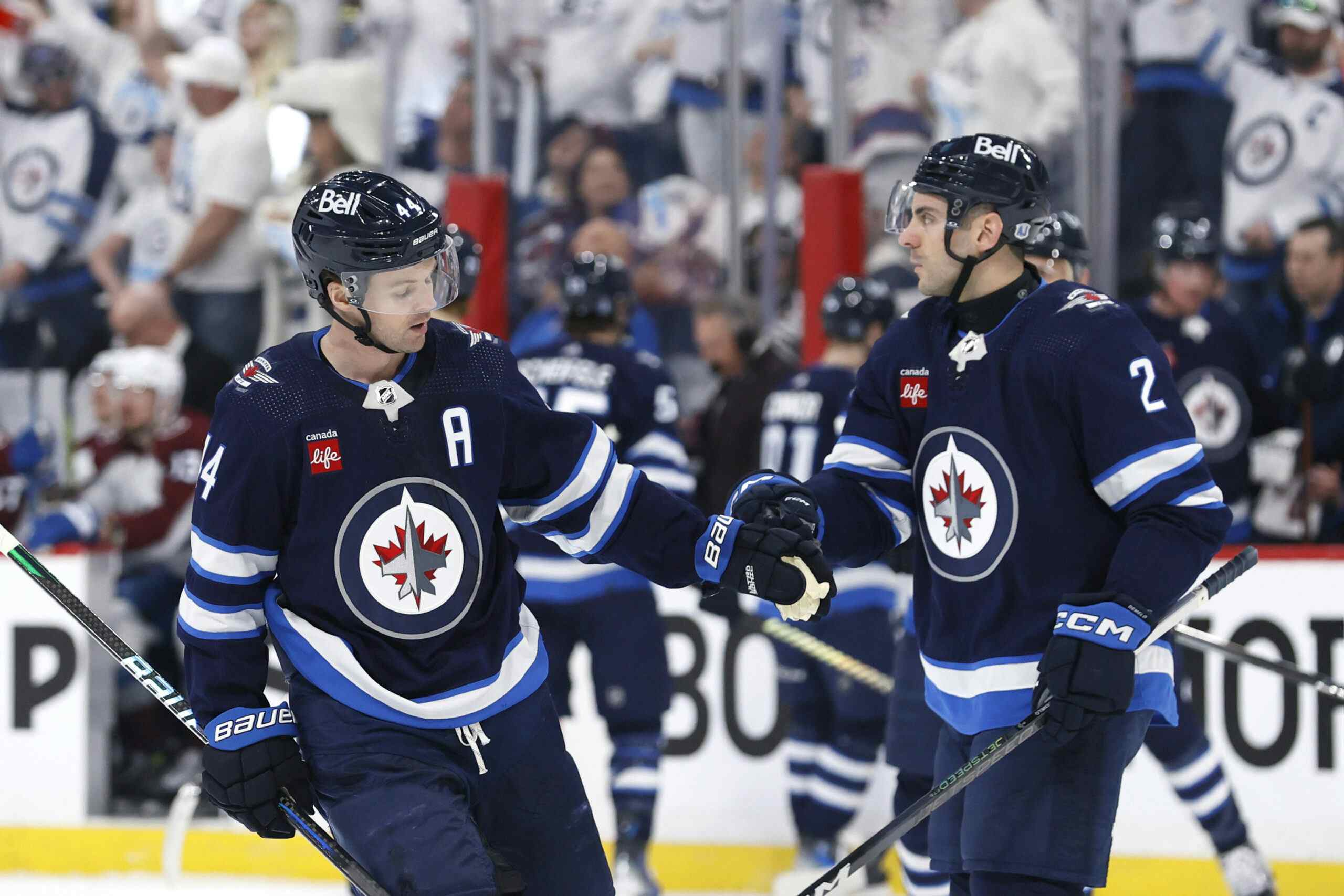The Forbes List: Why Is It Never Challenged?
What I love most about the annual Forbes Magazine “Values of NHL Franchises” list is how the international mainstream media covers it as if it’s legitimate.
Because google is my friend, I checked out 30 different international media outlets and found the reporting almost equal at every stop. Not one outlet looked at the numbers and said, “Really? You believe this number and this ranking? You really believe that? Really?”
Here is how the 2011 Forbes Hockey Franchise Values Lst was reported in the National Post. It is worth the read:
“Moving the Atlanta Thrashers to Winnipeg is paying off big time for the team’s new owners. According to Forbes, the Jets gained the most value of any of the 30 National Hockey League teams from last season to this season.
“A year ago, the Thrashers were valued at $135 million. The new rankings estimate the Jets are now valued at $164 million, which represents a 21per cent increase. The average year-over-year increase across the league was 5 per cent.
“The Jets are ranked 24th in the league and are worth more than the Nashville Predators, Florida Panthers, St. Louis Blues, Columbus Blue Jackets, New York Islanders and Phoenix Coyotes, according to Forbes. The Coyotes are owned and operated by the league, and are valued at just $134-million to finish last in the valuation ranking.
“At the top of the list are the Toronto Maple Leafs, valued at $521-million. The Rangers are second at $507-million, while the Montreal Canadiens are third at $445-million.
“The majority owners of the Leafs, the Ontario Teacher’s Pension Plan, had considered selling part of the team earlier this year, but have since decided to retain ownership. The Leafs’ value increased by three per cent this season, according to Forbes. The Rangers are up 10 per cent and the Canadiens have seen their value rise nine per cent. The Vancouver Canucks are the next Canadian team on the list at No. 7. They’re worth an estimated $300-million, up 15 per cent a year after reaching the Stanley Cup final.”
Sounds convincing, doesn’t it? Trouble is, nobody bothered to ask anybody this question: “How did you come up with those numbers?”
Let’s look at the Jets, as a for-instance. The team was purchased from the owners in Atlanta for $170 million — $110 million for the franchise and $60 million to the league for “relocation fees.”
When it moved from Atlanta to Winnipeg, the hockey team went from an arena in which it was treated like a tenant – even though there was one ownership group for hockey, basketball and the building — to a rink in which the owners owned it all and were treating the hockey club as the featured anchor alongside one of the top concert destinations in North America.
Even if the team struggled in Winnipeg, which it wasn’t going to do, it’s finances would be covered by all the other activities in the building: Just as the teams are treated in larger venues such as Montreal, Toronto and Vancouver etc., etc. where the owners also own the buildings. Frankly, as we speak, this Jets franchise is almost priceless.
But here’s what I love about Forbes’ seemingly random valuations. In one breath, the writer and researcher, Michael Ozanian, makes a big issue out of the fact that the Carolina Hurricanes are a consistent money loser and yet, in the next breath, he rates the Hurricanes’ value significantly ahead of Winnipeg’s. It makes no sense.
“Three years ago NHL commissioner Gary Bettman told me not a single NHL team was worth less than $200 million,” Ozanian wrote. “But money-losing teams are being sold for much less. In February, Forbes 400 member Terrence Pegula bought the Buffalo Sabres, who lost $5.6 million last season, for $165 million. The St. Louis Blues and Carolina Hurricanes, two other teams losing money, are being shopped at prices well below $200 million. And the New Jersey Devils, who sank 17 per cent in value to $181 million, are in such bad shape financially that there is speculation the team could be headed for bankruptcy and a court supervised sale like the Dallas Stars.”
And yet, Dallas, a team just purchased out of bankruptcy, which drew only 10,175 fans for a game with Florida on Nov. 15, only 11,779 for a game with Los Angeles on Nov. 23, and only 10,490 for a game with Ottawa last Thursday, is deemed by Forbes to be worth $230 million.
Now I won’t say the Stars, with that big beautiful American Airlines Arena in which to play, aren’t worth $230 million. Heck, it could very well be true. But here’s why it’s random and senseless: The Stars were purchased out of bankruptcy for $265 million and yet the team is a mere tenant in an arena owned by the City of Dallas and managed by the NBA’s Dallas Mavericks.
Ozanian can’t explain that one, except perhaps to say that on some planet in some other universe, the Dallas Stars are worth more than the Winnipeg Jets.
Nor can he explain his take on the New Jersey Devils. The Devils, as he reports himself, could be headed toward bankruptcy. Their announced crowds this season average around 14,800 per game in a 17,625-seat rink. Many of those fans, especially on weekends, are Quebec hockey fans who go to the Devils and Islanders games wearing old Nordiques jerseys – a message to Bettman that Quebec City’s fans are ready even though the arena is not.
Ozanian says the Devils are worth $181 million and yet they don’t own their arena, don’t fill their arena and are nearly bankrupt? Huh?
According to Ozanian, the Jets aren’t worth as much as Carolina, New Jersey, Colorado (which seldom, if ever, sells out the Pepsi Centre) or Dallas and are worth only a million more than Nashville, another team that doesn’t own its own arena.
Hate to say this, but this stuff reads as if is all made up.
Now, to his credit, Ozanian does know this: “… margins are getting squeezed. During the 2010-11 season the league posted operating income (earnings before interest, taxes, depreciation and amortization) of $126 million, 21 per cent lower than the previous year. Main reason: Player costs increased 11 per cent, to $59 million. Last season 18 of the league’s 30 teams lost money even before they had to pay bank loans or write down assets, compared with 16 the prior year.
“The league’s salary cap, set at 57 per cent of revenue, is too high for some teams to be profitable,” Ozanian continued. “As a result, expect the National Hockey League to undergo a cantankerous labor negotiations when the owners and players union begin to hammer our a new collective bargaining agreement to replace the current six-year deal that expires in September. The NHL must move much closer to the 48 per cent model the NFL agreed to before this season or the 50-50 revenue split National Basketball Association’s owners and players recently agreed to.”
All that means the Jets are doing just fine and have one of the strongest organizations in all of major professional sports. And while I’m not as smart as some MBA at Forbes Magazine, I can tell you this: It will take a helluva lot more than $164 million to buy the Winnipeg Jets today.
Recent articles from Nation World HQ
- NHL Notebook: Winnipeg Jets fall in power rankings; Blue Jackets place Patrik Laine on injured reserve
- NHL Notebook: Craig Anderson inks one-day retirement deal with Senators, assumes hockey liaison role with Sabres and a look at three young defencemen on the rise
- Five round five targets for the Winnipeg Jets





